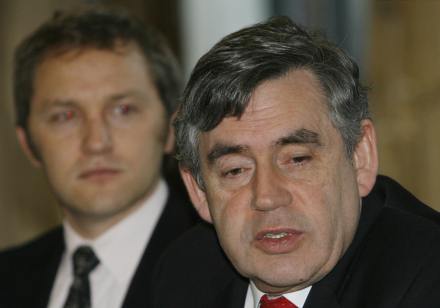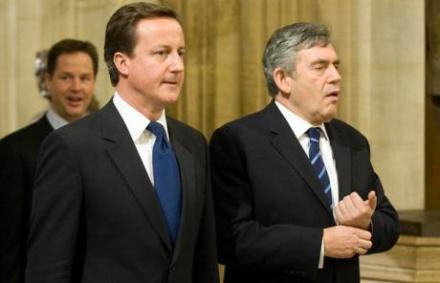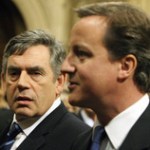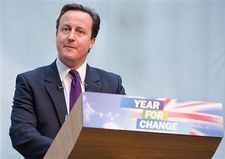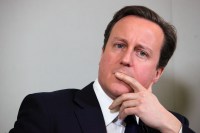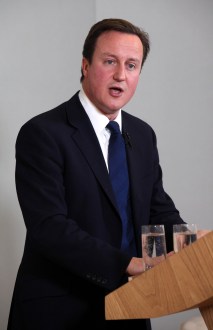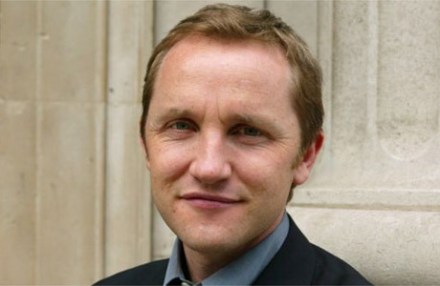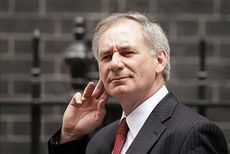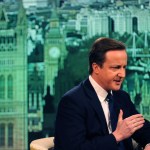Getting around Gordon
Ok, ok, I get the message: you CoffeeHousers don’t much care for James Purnell. But this exchange between him and Nick Robinson, to be aired on Radio 4 later, is still worth a read: “I asked James Purnell how you could get radical policies past a reluctant prime minister. Here’s his reply: James Purnell: The other thing that you could do is outflank and No 10, by trying to be more radical…you could just unilaterally go out and commission someone to review the system for you, and then the prime minister would be left with the choice of either firing you or pretending that they were into that idea all
